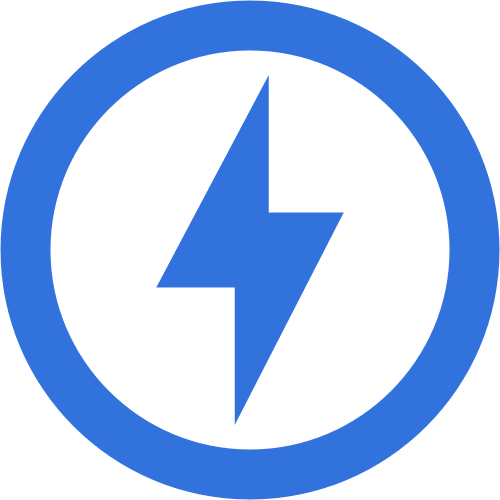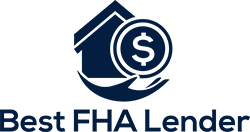
Advantages of FHA Loans
In a society where interest rates are constantly on the rise, an assumable loan may be in your best interest. Compared to conventional loans, FHA loans are more achievable and attractive to first-time homeowners or buyers looking for an option for a low downpayment.

Short Waiting Periods After Bankruptcy or Foreclosure
If you had an FHA loan on a home and later lost it due to non-payments, it is typically three years before you can purchase another home. It’s often tricky to determine exactly when that date is, but the clock usually starts ticking on the date that the FHA insurance claim is paid to the lender.
This occurs after the foreclosure. In the event that the lender has delayed submitting the claim, your FHA waiting period could also be delayed.

Down Payment and Credit Score Requirements
Compared to conventional loans, FHA requirements for down payments and credit scores are far lower. Borrowers are able to qualify for a loan with a credit score as low as 580 along with a down payment of only 3.5%.
Borrowers who have a 10% down payment are possibly eligible with a FICO score that is as low as 500.

FHA Loans are Assumable
Another advantage that FHA borrowers have over conventional borrowers: FHA loans are assumable.
When looking to buy a house, the buyer can take over the sellers’ existing FHA loans as opposed to taking out new mortgages.
The buyers will need to meet all necessary mortgage requirements and may need a greater down payment. This is dependent on the seller’s equity.

Easily Paired with Down Payment Assistance or Gifts
Worried that you won’t be able to afford a down payment on your dream home? As a first-time homebuyer, you can qualify for down payment or gift assistance. Gifts are cash or equity contributions that have no expectations of repayment. Gifts can be used to pay for the down payment but the funds need to meet FHA standards. They can be given to you by the following people:
- A member of the borrower’s family
- An employee of the borrower
- A close friend of the borrower who has a clearly defined and documented interest
- Any type of charitable organization
- A governmental agency that provides homeownership assistance to families with a low to moderate-income.
